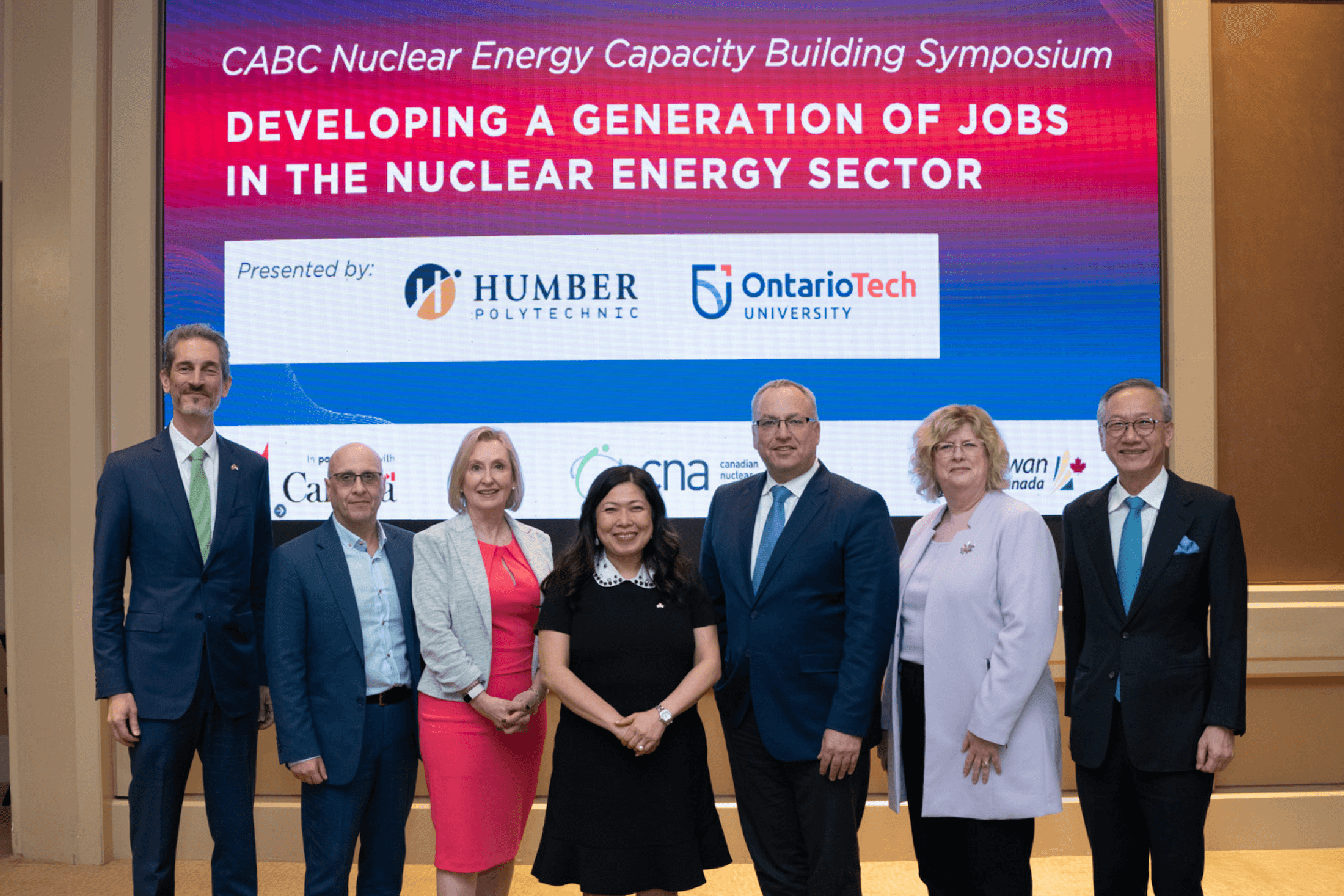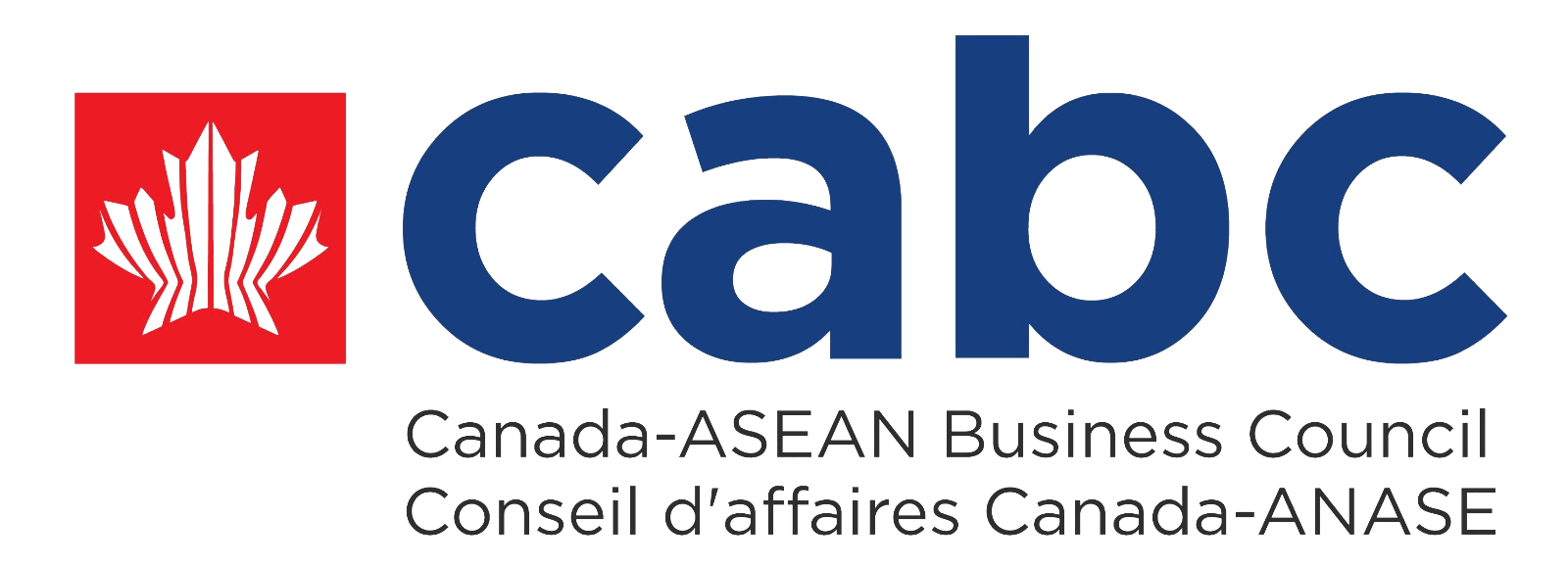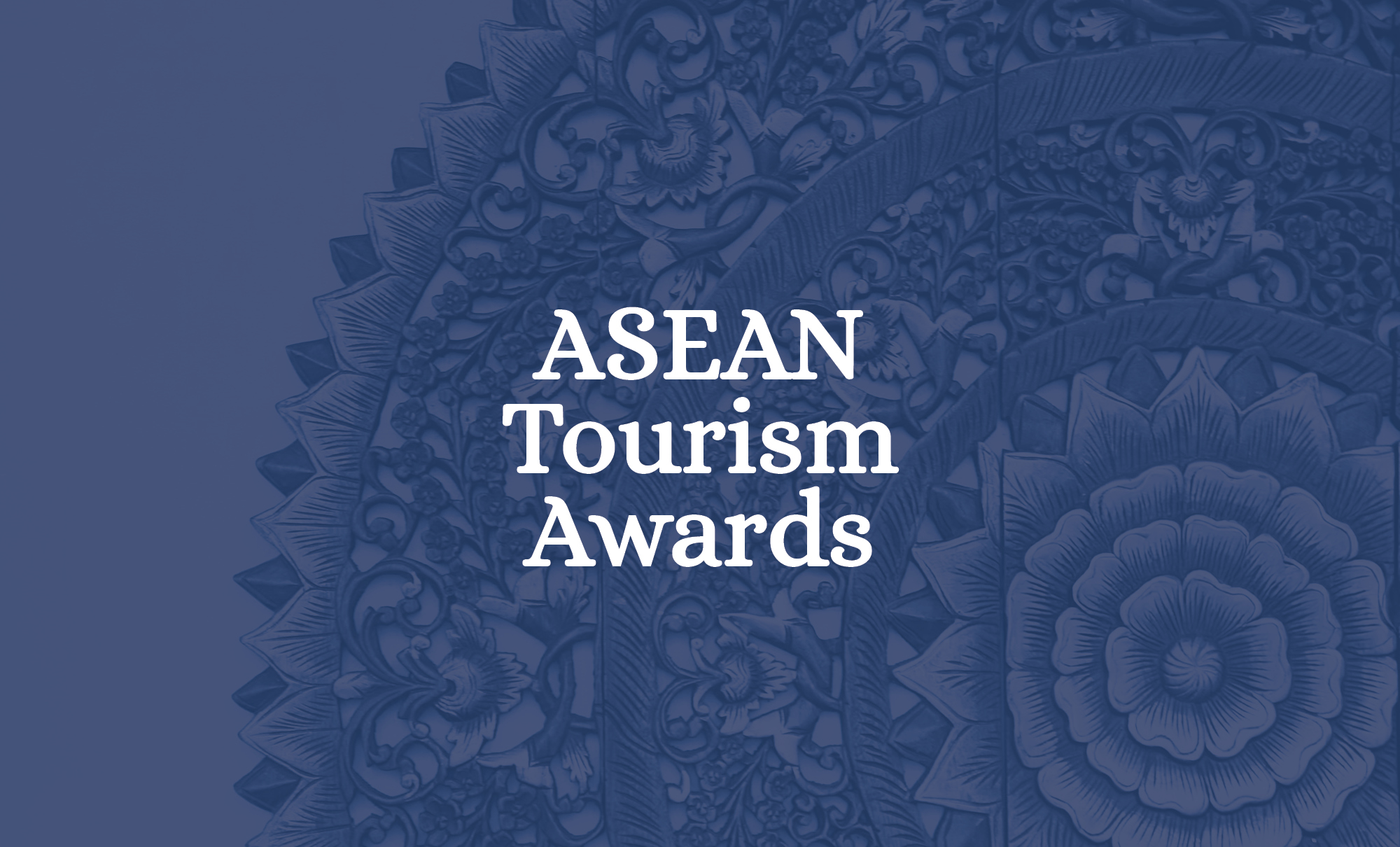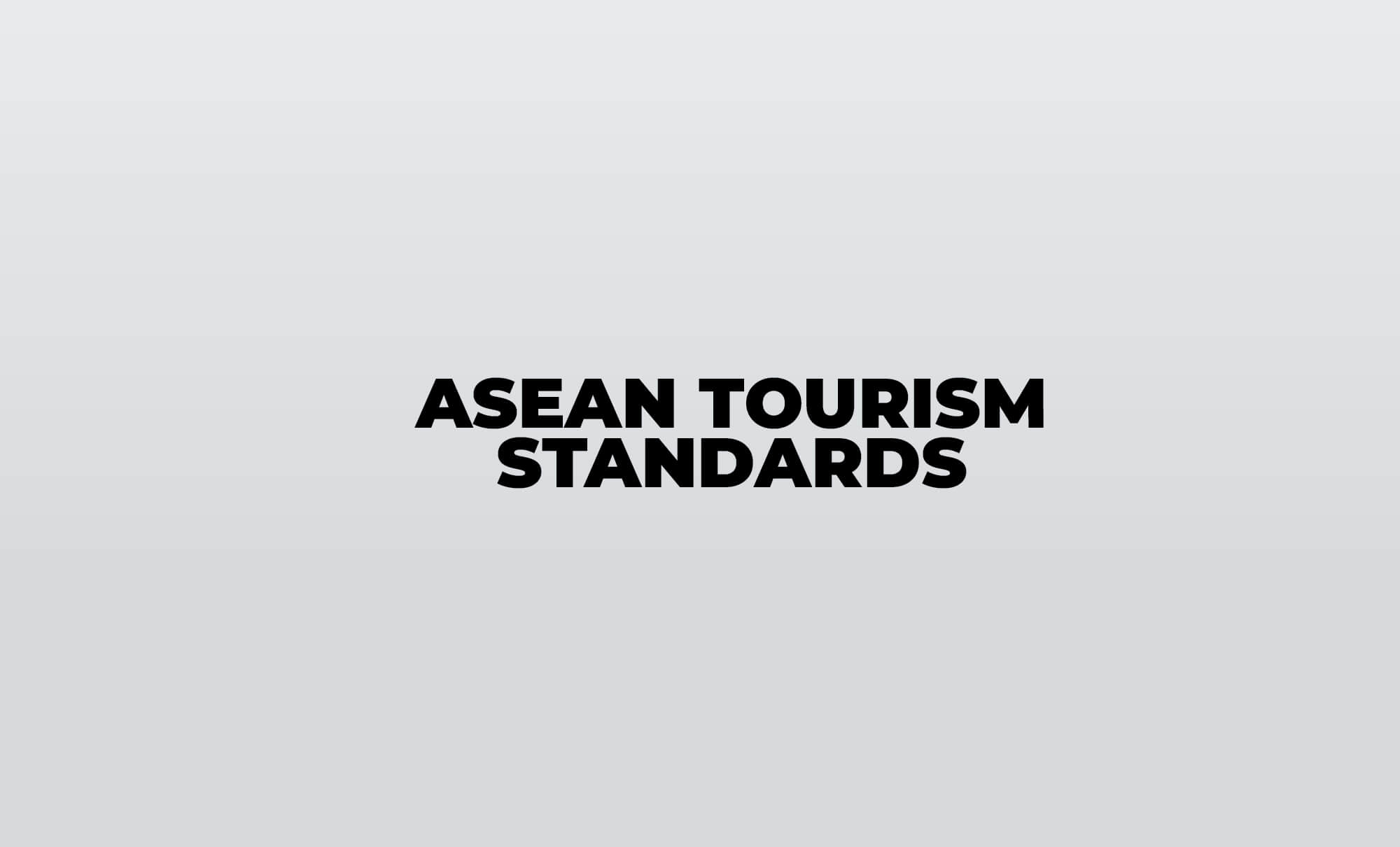






Over the past few decades, ASEAN has rapidly grown into one of the world’s fastest-expanding economic regions. Nations like Indonesia, Viet Nam, Thailand, and the Philippines have consistently posted strong GDP growth rates. The ASEAN economy is projected by the Asian Development Bank (ADB) to grow by 4.7 per cent in 2025, and ASEAN is poised to be the fourth largest economy in the world.
As the region continues to expand, so does its energy demand. The International Energy Agency (IEA) reports that ASEAN accounted for 11 per cent of global energy demand growth since 2010 and is expected to contribute over 25 per cent of global energy demand growth through 2035.
However, the region’s growing energy needs raise significant concerns about energy security and sustainability. ASEAN remains heavily dependent on fossil fuels, which provide more than 80 per cent of the region’s energy supply. The region’s reliance on fossil fuels contributes to high carbon emissions and exposes ASEAN countries to the volatility of global fuel prices, making energy security increasingly uncertain. Furthermore, ASEAN has been a net importer of petroleum since 2005, putting additional strain on energy resilience.
The need for reliable renewable energy sources
Recognising the imperative for clean and sustainable energy, ASEAN has increased efforts to expand the share of renewable energy sources like solar, wind, and hydro in its total energy mix. Cambodia, for example, generates 40 per cent of its electricity from hydropower, while Indonesia has developed the Cirata Floating Solar Power Plant, the largest in Southeast Asia with a capacity of 192 MWp.
Despite these efforts, the share of renewable energy in ASEAN remains insufficient to meet the growing energy demand and the climate goals. In 2024, the 8th ASEAN Energy Outlook highlighted that while renewable energy sources are growing, they still account for only 15.6 per cent of the total primary energy supply (TPES) in ASEAN, far from the region’s target of 23 per cent by 2025. As a result, ASEAN is actively exploring emerging energy technologies, including nuclear power, to ensure a stable energy future.
Nuclear energy has started to be reconsidered by some ASEAN Member States due to its low greenhouse gas emissions (GHG) per kilowatt-hour (kWh), ranging from 5.1 to 6.4 gCO2eq/kWh. Unlike intermittent renewable sources like wind and solar, nuclear energy offers a consistent, reliable supply. Several ASEAN Member States have already announced plans to invest in nuclear power. Indonesia recently announced its plan to accelerate the development of nuclear power plants by 2029-2032 to begin the commercial operation of its first 250-megawatt nuclear plant by 2032. While the Philippines plans to do so by the same year as Indonesia, Singapore, and Malaysia have also identified nuclear energy as part of their long-term clean energy strategy.
Canada as ASEAN’s nuclear energy partner
As ASEAN explores nuclear energy, the region requires a trusted partner with the expertise, experience, and resources to integrate this technology safely and efficiently. Canada is ideally positioned to support ASEAN in this regard. As a global leader in nuclear energy, Canada brings decades of experience and innovation in nuclear technology and a strong commitment to international cooperation.
Canada’s nearly 1 billion Canadian dollars-a-year uranium industry, particularly concentrated in Saskatchewan, made the country the world’s second-largest uranium producer in 2022. Canada’s reliable supply of uranium, coupled with its political stability and low geopolitical risks, makes Canada an attractive partner for ASEAN member states seeking to diversify their energy sources. Moreover, Canada has a proven track record in transitioning to cleaner energy. Ontario, for example, was the first jurisdiction in North America to phase out coal-fired power plants, and today, 92 per cent of its electricity comes from zero-carbon sources, with nuclear power contributing nearly 60 per cent of its energy mix. Canada is also well-positioned to become a global leader in the development of Small Modular Reactor (SMR) technology, the new class of nuclear reactors that are considerably smaller in size and power output than the traditional nuclear power reactors, with enhanced safety features.
Canada’s expertise in CANDU reactors
A key aspect of Canada’s nuclear success is its development of the Canadian Deuterium-Uranium (CANDU) reactor. CANDU reactors are designed to use natural uranium sourced locally, offering energy security and a reliable domestic fuel supply. This is a particularly attractive feature for ASEAN countries seeking to reduce their dependence on imported fuel while ensuring a consistent energy supply.
In addition, CANDU boast a strong safety record with no core meltdown accidents or death to workers or public as CANDU nuclear reactors are safe for workers, the public, and the environment. The safety approach used at CANDU nuclear power plants limit the probability of an accident occurring, and the potential impact in the unlikely event of an accident. The safety aspect is also built into the whole nuclear fuel cycle, from mining to disposal of spent fuel, and Canada’s robust regulation for nuclear power which make Canada’s nuclear safety record as unmatched by any other industry in the world.
On top of energy security, CANDU reactors bring significant economic benefits. The reactors contribute to the creation of a high value, localised supply chain, which in turn supports the development of a skilled workforce. The nuclear sector also has important downstream benefits for other industries, particularly healthcare. Nuclear isotopes harvested from CANDU reactors are vital for medical applications, including cancer treatment and drug development, adding further economic value to nuclear energy projects.
Canada’s commitment to ASEAN’s nuclear future
Canada has expressed interest to supporting ASEAN in its nuclear energy development. In November 2024 at the sidelines of the Asia Pacific Economic Cooperation (APEC) Summit in Peru, Prime Minister Justin Trudeau outlined Canada’s vision to strengthen nuclear partnerships across the Indo-Pacific, including ASEAN, through the Canadian Trade Gateway for Nuclear Development. This initiative aims to facilitate cooperation between Indo-Pacific countries and Canadian businesses in the nuclear sector.
In 2024, The Team Canada Trade Mission, led by the Hon. Mary Ng, Canada’s Minister of Export Promotion, International Trade, and Economic Development, visited Malaysia, Viet Nam, Indonesia, and the Philippines. The trade missions also included an energy transition roundtable, which discussed nuclear energy development in the region. At the sideline of the energy transition roundtable in Jakarta, the collaboration between ASEAN and Canada deepened with signing a letter of intent (LOI) between the Indonesian Nuclear Energy Research Organization (ORTN BRIN) and Canadian Nuclear Laboratories (CNL) to collaborate on nuclear technology research and development and the signing of a memorandum of understanding (MoU) between the ASEAN Centre for Energy and the Canada-ASEAN Business Council (CABC) to enhance further cooperation in the energy sector, including nuclear energy.
The CABC is Canada’s first and only accredited entity associated with ASEAN, and it is committed to continuing support for strengthening the cooperation between ASEAN and Canada, including in the nuclear energy sector. The CABC launched a nuclear energy working group at the 1st Canada-ASEAN Energy Transition Summit held on 29 November 2024 in Singapore. The working group aims to be the platform that brings together a cross-section of Canadian and ASEAN businesses, policymakers, capacity-builders, regulators, and other stakeholders in the nuclear energy space to promote policy dialogue, commercial partnership, capacity-building and public awareness. The working group recently hosted a capacity-building symposium in Singapore to discuss how nuclear energy can create jobs and economic opportunities within ASEAN. The symposium was also attended by the Hon. Mary Ng; the Hon. Warren Kaeding, the Minister of Trade and Export Development of the Government of Saskatchewan ; and regulators and business representatives from several ASEAN Member States.
Conclusion: Partnering with Canada to sustainably power economic development in ASEAN
As ASEAN embarks on its journey toward nuclear energy, partnering with Canada presents an opportunity to access world-class expertise and resources essential for a safe and effective transition. Canada’s government and business communities have demonstrated a keen interest to cooperating in the field of nuclear energy in the ASEAN region. Through strategic initiatives such as the Canadian Trade Gateway for Nuclear Development and active collaboration between Canadian and ASEAN entities, Canada is committed to being ASEAN’s trusted partner in addressing its growing energy demands to power the high economic growth in the region. With continued dedication and cooperation, Canada and ASEAN can pave the way for a sustainable and secure energy future, demonstrating the potential of international collaboration in advancing nuclear energy as a key solution to the region’s energy challenges.
The views and opinions expressed in this article are solely those of the authors and do not reflect the official policy or position of ASEAN.








